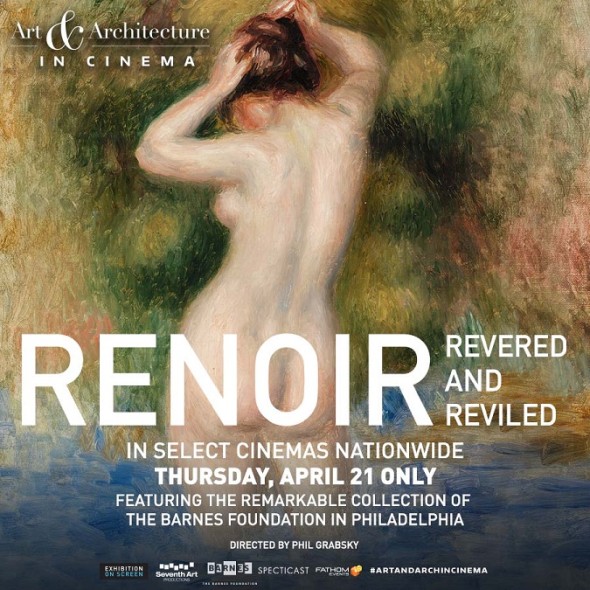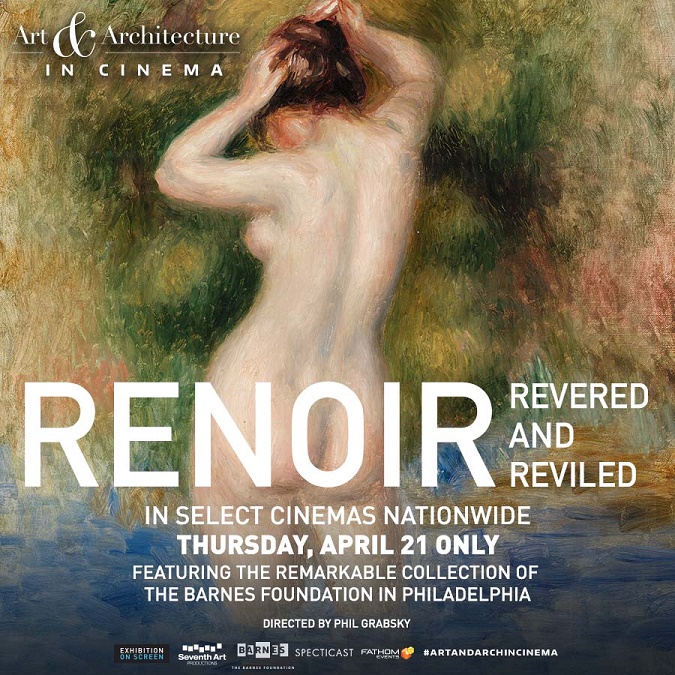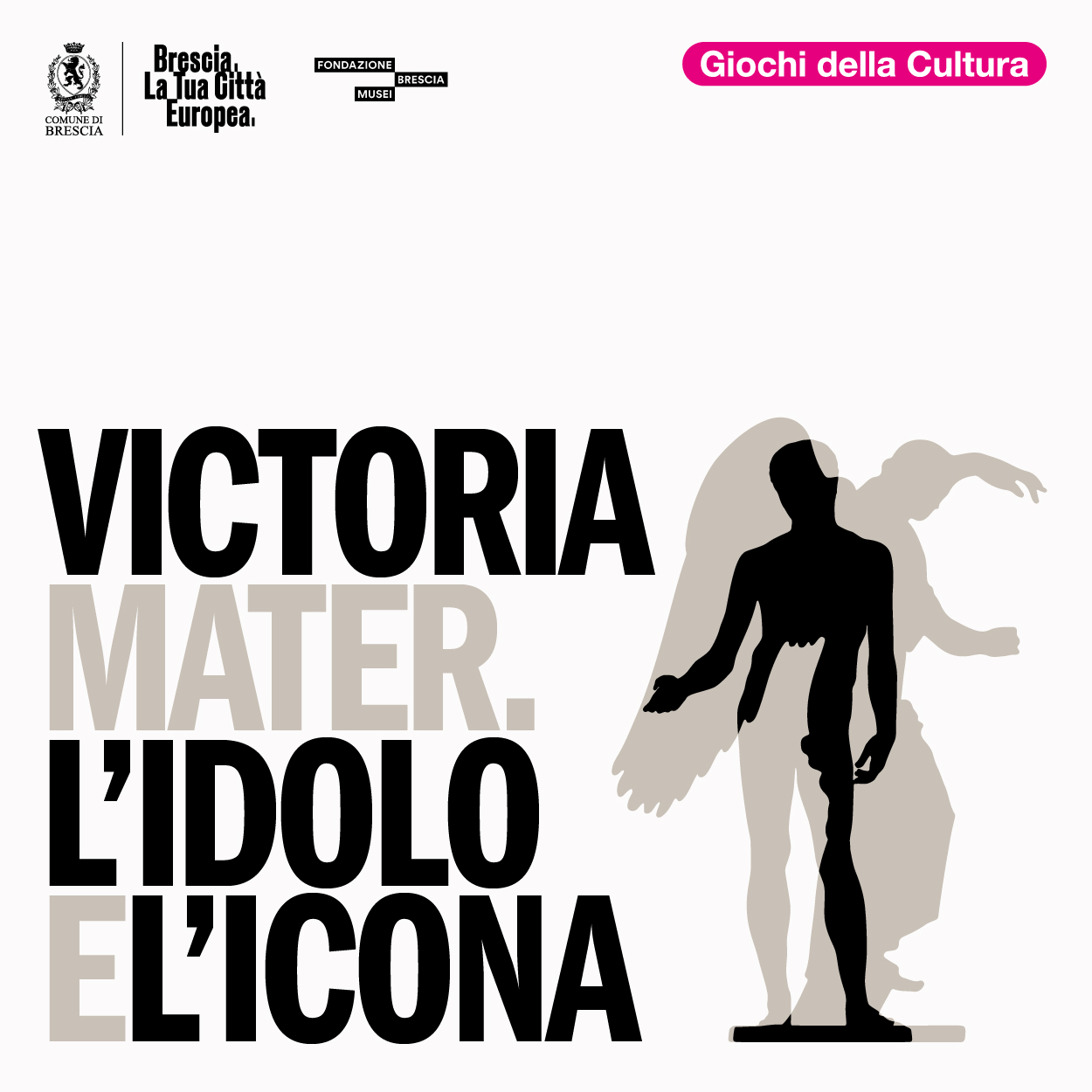The Barnes Foundation announces Renoir—Revered and Reviled, a new feature film based on the Barnes’s unrivaled Renoir collection.

The 87-minute film offers a global audience the opportunity to virtually visit the Barnes and experience these works on the big screen. Directed by Phil Grabsky of Seventh Art Productions for the third season of EXHIBITION ON SCREEN, it presents a fresh look at one of the best-known artists of the 19th–20th centuries and explores why Renoir has polarized opinion for over 100 years. Renoir’s late period began in the early 1890s, when his art practice shifted away from the impressionist approach that had earned him widespread critical acclaim. This film uncovers the rarely told story of his last decades when he produced dreamy, sensual paintings that drew the admiration of artists like Picasso and Matisse, but also the scorn of many critics.
Renoir—Revered and Reviled dives into the long-standing debate over the merit of the artist’s late works. Was Renoir a self-indulgent fantasist? Or was Matisse right to declare his voluptuous female figures “the loveliest nudes ever painted”? Viewers can decide for themselves, guided by a host of esteemed art experts and an up-close view of the works in question. The film features interviews with leading art critics from the New York Times and Washington Post, internationally renowned scholars, and several artists.
“The Barnes Foundation is home to the single largest collection of Renoirs in the world,” said Martha Lucy, Barnes Deputy Director for Education & Public Programs and author of Renoir at the Barnes Foundation. “Over the course of his life, Dr. Albert C. Barnes amassed 181 works by the artist; he considered him the greatest of modern painters, right alongside Cézanne. Not everyone agrees, of course. This film offers audiences all over the world the chance to form their own opinions on Renoir while exploring Barnes’s astonishing collection.”
Barnes intended for the Foundation to give access to poor and disenfranchised people, namely workers, African Americans, and young artists. His educational method was based on allowing people to experience works of art and promoting a close, objective observation of the use of light, line, color, and space. Barnes believed that students would learn not just about art, but about critical thinking and analysis which could apply to broader kinds of learning and success. This film furthers Barnes’s mission, encouraging audiences to experience and learn from art, regardless of their background, by bringing Renoir out of the gallery and into the cinema.
Director Phil Grabsky and his company, Seventh Art Productions, have made hundreds of films for the BBC, Channel 4, and ITV, as well as a dozen films for the cinema.











